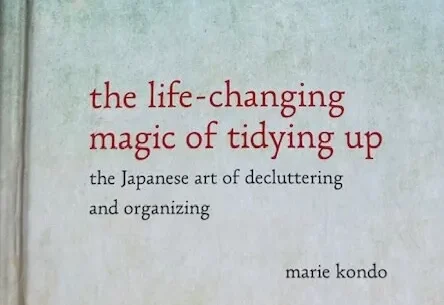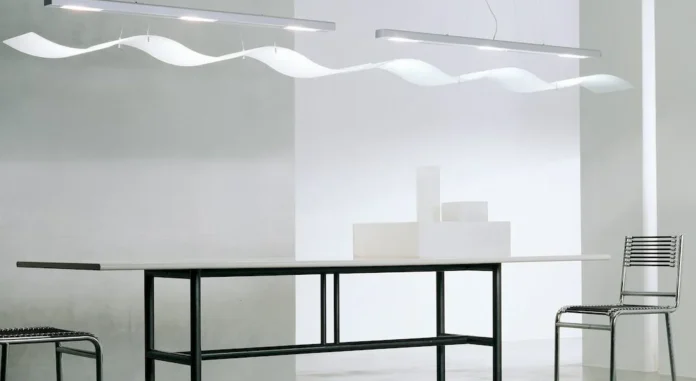By Eftychia Antonopoulou,
The chaos of our lives has led to a growing need to adopt a minimalist philosophy centered around simplicity and functionality. Minimalism, a movement rooted in ancient traditions, such as Buddhism, Stoicism, and Shinto, has now permeated various aspects of our lives, in an attempt to restore balance in them.
Seeking inner peace and a stress-free way of living, many turn to a minimalist lifestyle. In recent years, it has become a well-known trend. Many influencers on social media platforms promote a minimalist aesthetic—a “clean” model of living that at first glance appears really calm and effortless. However, I can’t help but wonder whether this portrayal of a “clean aesthetic” depicts an unrealistic standard of simplicity. Settling for the bare minimum of things constitutes a challenge. Consumer culture, materialism and social pressure makes it difficult to detach from a cluttered life.
The mindset of FOMO, the “fear of missing out”, which is a really common issue among younger generations, in particular, renders it hard to escape from the continuous desire to stay up to date with everything happening around us. When experiencing FOMO, one feels unsatisfied or socially excluded. Could this way of thinking make minimalism feel restrictive? How can one find joy in simplicity while longing to be part of everything?

On the other end of the spectrum, minimalism has, nowadays, reached extreme limits. To begin with Marie Kondo, an organizing consultant and decluttering guru, who has sold over ten million copies of her book The Life Changing Magic of Tidying Up. Her organizing method consists of discarding everything that “doesn’t spark joy”. In such way, one is left with only a minimal number of belongings —those that are actually making one happy. However, this technique has now been faced as wasteful, unrealistic, and emotionally harsh. Having the standard of an empty house in mind as a minimalist lifestyle misrepresents the true essence of this philosophy.
The core principles of minimalism run much deeper. Minimalism is not about deprivation but about eliminating the unnecessary to make space for the meaningful. In essence, minimalism extends beyond material possessions. While it may be easier to apply this philosophy to the practical aspects of daily life, what matters the most lies in mental minimalism —meaning the mindset of prioritizing what truly matters while eliminating distractions. By letting go of overthinking, unnecessary worries and stress, we become emotionally available and capable of cultivating deeper connections with ourselves and others.
By embracing simplicity, intentionality, and mindfulness, individuals can break free from the pressures of modern consumer culture and create a life that is truly meaningful. Minimalism is not about restriction; it is about freedom, clarity, and intentional living. Decluttering our physical space can serve as a first step toward transforming our habits. However, we should focus on implementing the core values of minimalism in a way that aligns with our personality and needs— always with moderation.
Reference
- The Pitfalls and the Potential of the New Minimalism. Newyorker. Available here




